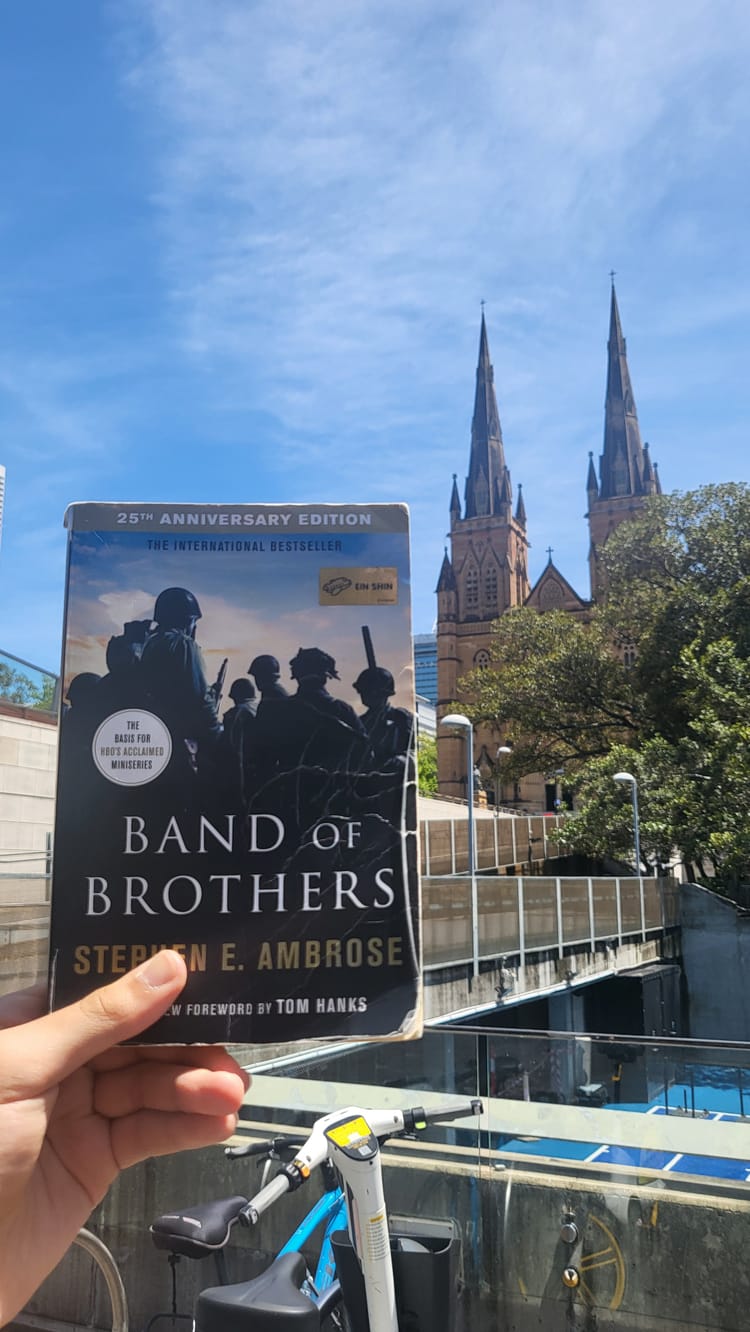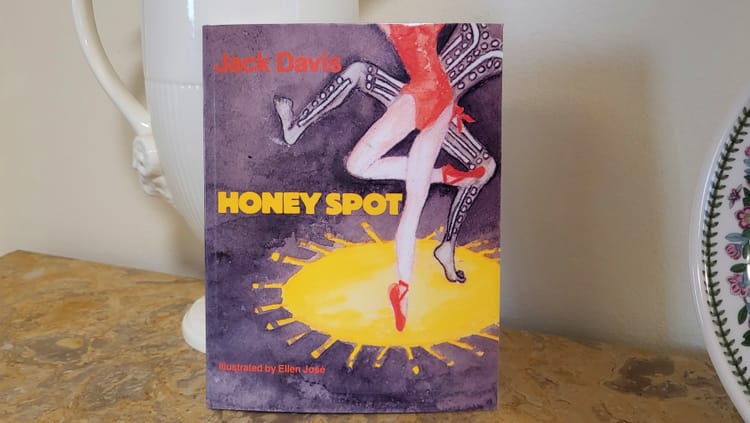The foggy twists of Oliver Twist

Having written 15 novels, 5 novellas, and hundreds of short story fiction, Charles Dickens is one of the most accomplished writers of all time: the 1800s version of William Shakespeare. If not the greatest, he surely is the best author in the Victorian era. His works have attracted an unprecedented number of people so prepare to be hypnotised by the literary genius.
Despite his future success, Charles Dickens had to face extreme hardships: he was born to a poor family and although his father was paid a steady wage, he was thrust behind bars due to his many debts. These shocks and images of prison and a lost, oppressed child are relayed in some of his novels such as Oliver Twist. In addition, this famous tale encapsulates the environment of the Industrial Revolution through the art of words. Charles Dickens published many renowned novels: Oliver Twist, Great Expectations, Nicholas Nickleby, and A Christmas Carol. Let’s take a look into one of Charles Dickens' fascinating books: Oliver Twist.
Oliver Twist begins with an orphan who lives in a poorhouse (or a workhouse). After asking for more food, a profane action, he is charged with “blasphemy”. As a punishment, Oliver gets sold and he runs away to London where he is convicted of stealing a gentleman’s handkerchief, Mr Brownlow. Oliver is thrust into jail but after learning more about the child, Mr Brownlow offers him a new life. Nonetheless, will he be treated miserably and suffer a forlorn fate?
Oliver Twist is, undoubtedly, a most wonderful and curious book, and thus has a number of gravitating facts within the pages. When Oliver Twist was being written by Charles Dickens, the Poor Law was in full effect, meaning the poor who were fit for duty were unable to be protected by the government. Dickens aspired to write about how the rich treated the poor, and vice versa. Oliver Twist also incorporates social criticism as he wished to emphasise the brutality of the government laws. Sweatshop child labour is present in the book - something that was permissible in the, largely, utilitarian society. If it was not for a ludicrous and miraculous happy ending, Charles Dickens may have lost his head because insulting the rich led to unpleasant consequences.
Charles Dickens is, indeed, one of the most noteworthy authors in the galaxy. Even after his death, he was a literary superstar for his ability to mix comedy with pathos and moving readers significantly while campaigning for social reform. No author is more orderly than he and no task can be done more punctually than he: Charles Dickens.





Member discussion